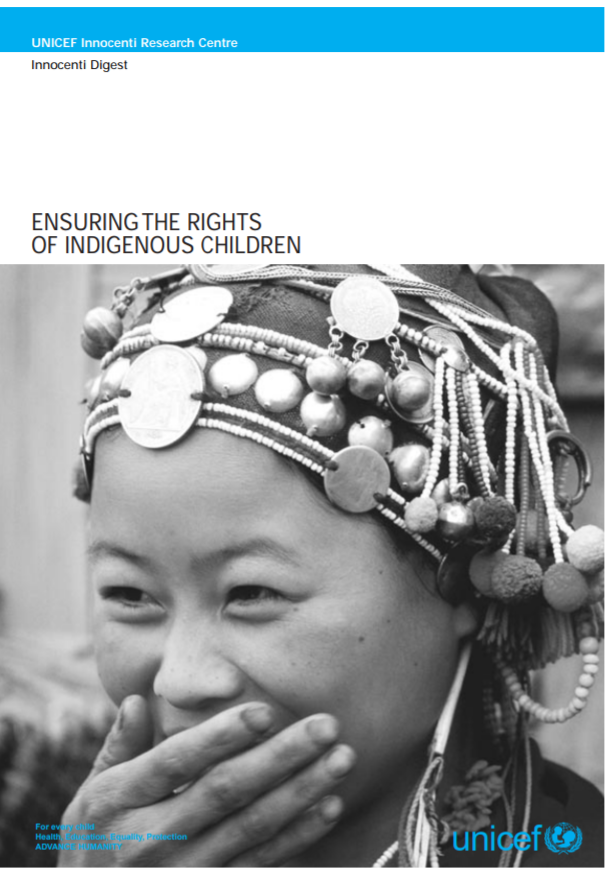Closely related to, and often overlapping with religious freedoms, is the topic of indigenous peoples’ cultural rights. Violations of American Indian cultural rights include the taking of lands and children, the outlawing of languages, dances, ceremonies, and traditional subsistence practices, the relocation, attempted assimilation, cultural appropriation, and degradation of sacred places, and the desecration of burial grounds.
Numerous articles of the Declaration directly address the protection and promotion of indigenous cultures, including Articles 8 and 9, Articles 11 to 17, and Article 31. Other relevant articles include Article 18 (indigenous peoples’ right to participate in decision-making in matters that may affect their rights) and Article 19 (states’ obligation to obtain indigenous peoples’ free, prior, and informed consent before adopting measures that may affect them).
While there is much work to be done, efforts to implement the Declaration’s cultural rights provisions in the U.S. are not starting from a blank slate. Existing federal laws, such as the NHPA, the Native American Graves Protection and Repatriation Act (NAGPRA), and the Indian Arts and Crafts Act (IACA), already provide some protections for tribes’ tangible and intangible cultural property, sacred sites, and other aspects of tribal cultures.
Resources:
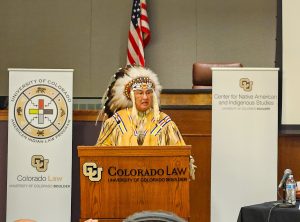
Colorado Law Hosts UNPF Meeting on Indigenous Peoples in a Greening Economy

Join Us At NCAI’s 80th Annual Convention and Marketplace For Our Breakout Sessions This November
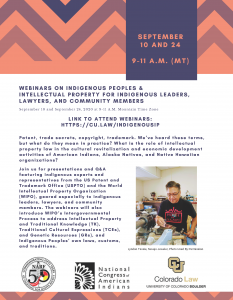
Webinar Series Addresses Indigenous Rights Through Intellectual Property Lens

Advisory Council on Historic Preservation

EMRIP Study on Indigenous Languages

The Politics of Inclusion: Indigenous Peoples and U.S. Citizenship
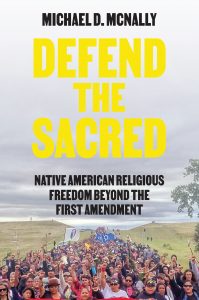
Defend the Sacred

UNESCO – Indigenous Peoples
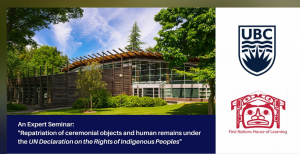
UBC Hosts Seminar on Implementing the Right to Repatriation under the Declaration
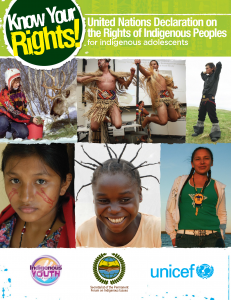
Guide: Know Your Rights! United Nations Declaration on the Rights of Indigenous Peoples for Indigenous Adolescents



